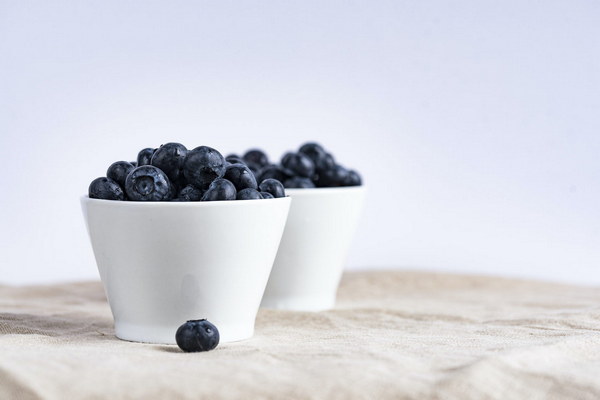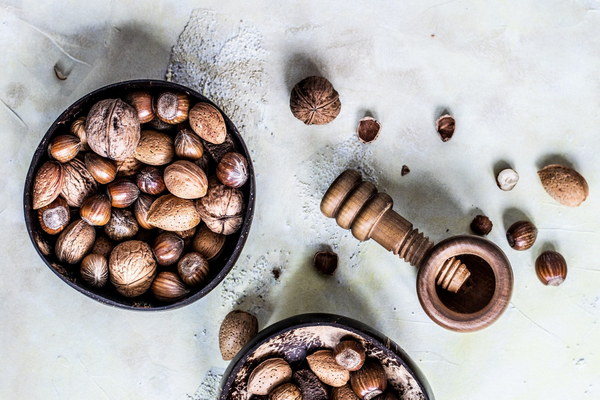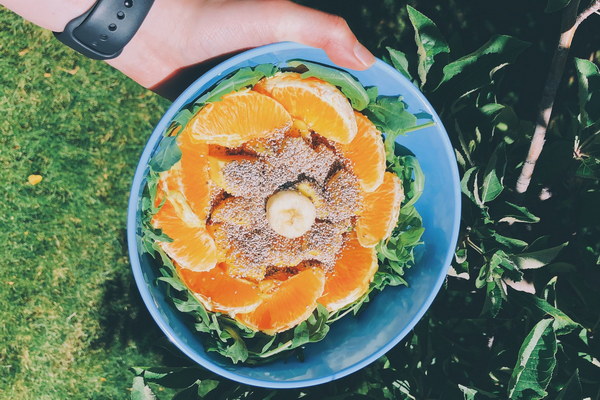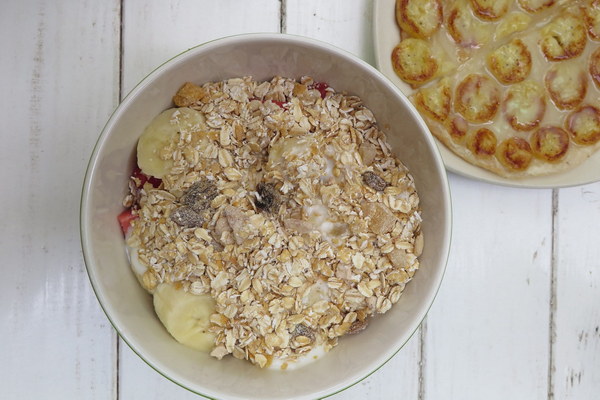Natural Remedies for Benign Prostatic Hyperplasia A Nutritional Approach to Prostate Health
Introduction:
Benign Prostatic Hyperplasia (BPH) is a common condition in men over the age of 50, characterized by the enlargement of the prostate gland. This can lead to various symptoms such as frequent urination, difficulty starting and stopping urination, and weak urine flow. While medication and surgery are common treatment options, many men are looking for alternative remedies to manage their symptoms. One such option is dietary modification, which can provide significant relief from BPH symptoms. This article will discuss the benefits of a nutritional approach to managing BPH, including specific foods and nutrients that may help alleviate symptoms.
1. Foods to Include in Your Diet:
a. Tomatoes: Rich in lycopene, a powerful antioxidant, tomatoes have been shown to reduce the risk of BPH and improve symptoms. Lycopene is found in high concentrations in tomato-based products like tomato sauce, tomato paste, and tomato juice.
b. Watermelon: Containing an amino acid called citrulline, watermelon can help relax the muscles of the bladder and improve urine flow. Additionally, watermelon is a hydrating fruit that can help prevent frequent urination.
c. Selenium-Rich Foods: Selenium is an essential mineral that has been found to have a positive impact on BPH symptoms. Selenium can be found in Brazil nuts, seafood, whole grains, and meats.
d. Flaxseeds: Flaxseeds are an excellent source of omega-3 fatty acids, which have been shown to reduce inflammation and improve urinary symptoms in men with BPH. Add ground flaxseeds to smoothies, oatmeal, or yogurt for a healthy boost.

e. Green Tea: Green tea contains compounds called polyphenols, which have anti-inflammatory properties and may help reduce the growth of the prostate gland. Enjoy a cup of green tea daily for potential benefits.
2. Foods to Avoid:
a. Spicy Foods: Spicy foods can irritate the bladder and worsen BPH symptoms. Avoid or limit consumption of spicy dishes, hot sauces, and chili peppers.
b. Alcohol and Caffeine: Alcohol and caffeine can act as diuretics, leading to increased urine frequency. Limit your intake of these substances to alleviate BPH symptoms.
c. Dairy Products: Some studies suggest that high consumption of dairy products may increase the risk of BPH. Consider reducing dairy intake and substituting with plant-based alternatives like almond milk or soy milk.
3. Additional Nutritional Supplements:
a. Saw Palmetto: Saw palmetto is a herbal supplement that has been used for centuries to treat BPH symptoms. It may help reduce the size of the prostate and improve urinary flow.
b. Pygeum Africanum: Another herbal supplement, pygeum africanum, may help reduce BPH symptoms by inhibiting the growth of the prostate gland.
Conclusion:
While there is no single dietary solution for BPH, incorporating certain foods and nutrients into your diet can help manage symptoms and improve overall prostate health. By focusing on a balanced, nutrient-rich diet and avoiding potential irritants, men with BPH can take an active role in managing their condition. Consult with a healthcare professional before making any significant changes to your diet or starting any new supplements.









